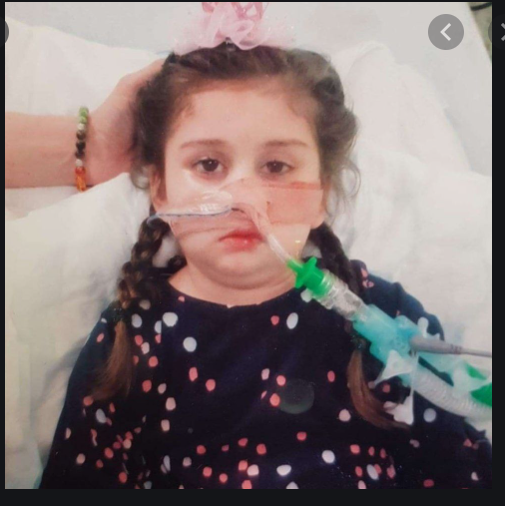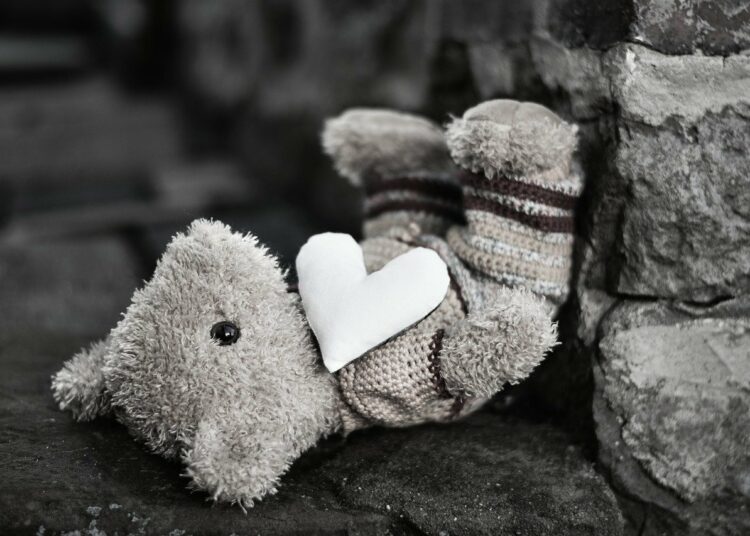Last updated on May 4th, 2021 at 03:17 pm
April 28th marked the three year anniversary of Alfie Evans’ death. Not even two years old, in hospital in his native United Kingdom, he endured long and fierce fights that had turned his life and his little body into a battlefield. After five days of agony following the removal of ventilation support which had kept him alive despite a severe neuro-vegetative disease, he left this world.
His parents’ requests to transfer him to another hospital abroad, where they could at least try palliative therapy, had been to no avail. The appeal of the Holy Father, and demonstrations by associations for human rights were of no use. The willingness of the Bambin Gesù Hospital in Rome to take care of the child, and the fact that the Italian government had granted citizenship for Alfie to be treated there precisely so that he could be transferred to Italy, had all been in vain.
Alfie Evans (May 9, 2016–April 28, 2018).
Charlie Gard (August 4, 2016–July 28, 2017).
Isaiah Haastrup (February 18, 2017–March 7, 2018).
Three stories that are tragically similar, three children who were denied basic health care, three families destroyed, three headstones with names and dates. A Spoon River without words, just memories.
Charlie’s parents were not even allowed to take their child home, so that once the ventilation was removed he could stay in his mother’s arms when it was no longer possible to treat him in any way.
These are the “famous” victims. But who knows how many unknown ones there are. Similar stories of parents and children who fought hard, despite their circumstances. They were guaranteed a right to life but, apparently, this right is not guaranteed at all. And all of this in the name of the so-called “best interest”, as if this is done for their own good. That is what the European Court of Human Rights says.
It is evident that some people consider some lives less worth living than others; coincidentally and often, lives other than their own. Too bad that someone holds the power to make these decisions, and this makes them tragically responsible.
For if it is possible to kill a baby still in its mother’s womb, why not do it immediately after delivery? Why not after a year, or two, if something “goes wrong”?
Why not after some time, once the tenderness of the first moments and the cuddly newborn phase have passed? The child is at the mercy of adults anyway, why shouldn’t an exhausted parent get rid of it when he or she no longer feels like struggling?
Why not after a serious accident that has left someone disabled?
Why not when old age has bent a person’s back and will to live into a depression as heavy as a boulder?
Rhetorical questions, of course. But not useless.
They’re not useless because Pippa Knight is seriously ill, and she’s still alive. She’s five years old and certainly with the appropriate care and support, she could live at home with her parents. But someone has proposed that she should be killed. Someone thinks she should be next on this tragic list.
Now look at her in this picture, and dare to say that it’s for her own good… to kill her. But we’ll talk again.





















Discussion about this post